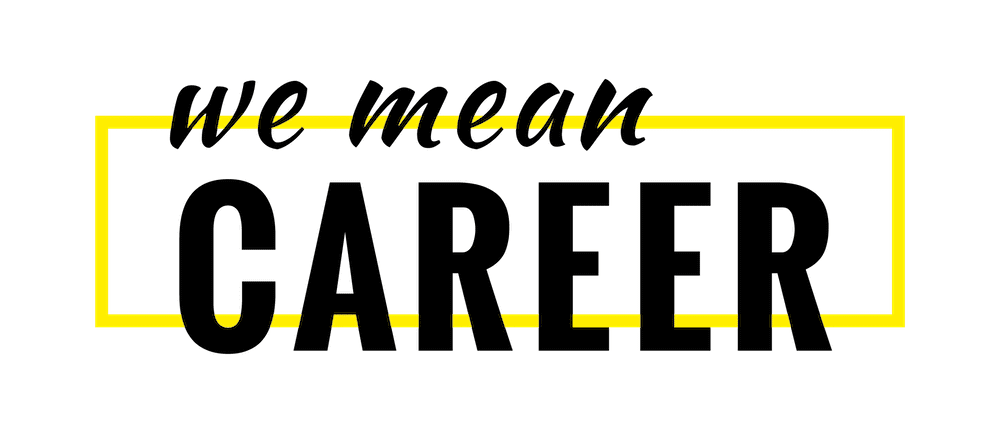BODY LANGUAGE TIPS FOR AN INTERVIEW

Do you have a big interview coming up? If you do, it’s important to be completely prepared! Practicing some interview questions and doing your research are both important. But, have you considered how your body language might affect your interview success?
Your body language is just as important as spoken communication. In fact, many communication experts believe it is the most important aspect of communicating.
Like it or not, your facial expressions, movements, posture, voice, and other non-verbal communication will be assessed – sometimes unconsciously – by your potential employer.
Even if your responses to questions are flawless, the wrong body language could make you seem untrustworthy, rude, insecure, arrogant, or unreliable. This can greatly reduce, or even completely destroy, your chances of being hired for the job.
So, to help you improve your chances, here are our top tips on body language so that you can nail your next big job interview!
1. Walk with confidence
First impressions count. And, a lot of the time, an interview will make a snap judgement of you within seconds of meeting you. This could go on to influence their hiring decision.
Because of this, walking into the room with confidence is a must. Make sure you stand up straight and your shoulders are pulled back. When walking, your stride should be one to two feet wide, and you should try and make eye contact with the interviewer when you walk in.
2. Work on your handshake
Next, it’s important to get your handshake right. Remember, your handshake should be firm and confident. Otherwise, you can seem weak or insecure.
However, it’s important to get the balance right – if it’s too strong, it can seem as though you’re trying too hard. In addition, make sure your hands aren’t sweaty (although this can be hard if you’re nervous), and if it gets awkward, remember to let go!
3. Smile and make eye contact
Smiling during your interview will make you appear more relaxed and confident. Plus, it will make you much more likeable – this will give you a significant advantage in the interview!
It’s also important to maintain eye contact during the interview. But, as with your handshake, balance is key. You should avoid staring for too long. Instead, aim for around 10-15 seconds at a time. If you feel uncomfortable with this, try looking slightly above or below the eyes.
4. Avoid being defensive
Having defensive body language can be very off-putting to an interviewer. It makes you seem uncomfortable, or, in the worst cases, even make you come across rude or unfriendly.
To avoid this, sit up straight and make your body language as open as possible, with your feet planted on the ground and arms by your sides. Try not to cross your legs or arms if possible.
5. Try not to fidget
If you’re nervous in an interview, you may start to fidget. This is a natural response to feeling anxious, but it can also show that you lack confidence and the interviewer will pick up on it.
Common examples of this include tapping your feet or hands, playing with your hair or constantly fixing it, playing with a pen or other object, or touching the table all the time. You should avoid this as much as you can, especially when you’re listening to a question!
6. Use hand gestures
When you’re speaking or answering a question, using hand gestures can portray confidence and make you appear much more animated and enthusiastic. This gives a great impression!
However, with this, it’s important to use hand gestures in moderation. Using them in an over-the-top way can seem like you’re trying too hard. Try and be as natural as possible.
7. Try to stay calm!
Last but not least, staying calm in an interview is one of the best ways to create a good impression to the interviewer. Of course, this can be challenging, especially if you’re really nervous. But, there are some techniques you can use to help you relax.
One of the most effective is deep breathing exercises. In the interview, if you feel anxious, focus on your breath. Inhale slowly, hold for a few seconds, then exhale, paying attention to the flow of air. This has a deep calming effect, which will help you perform at your best!
If controlling your body language is something that’s new to you, it can seem difficult to remember. However, try not to overthink it! If it’s something you struggle with, try picking a few items to focus on – maybe even practice them beforehand.
Remember, it’s not just what you say that counts. Your non-verbal communication says a lot, and your potential employer wants to see how you handle stressful situations. By following these tips, you can prove to them that you can stay calm under pressure!




